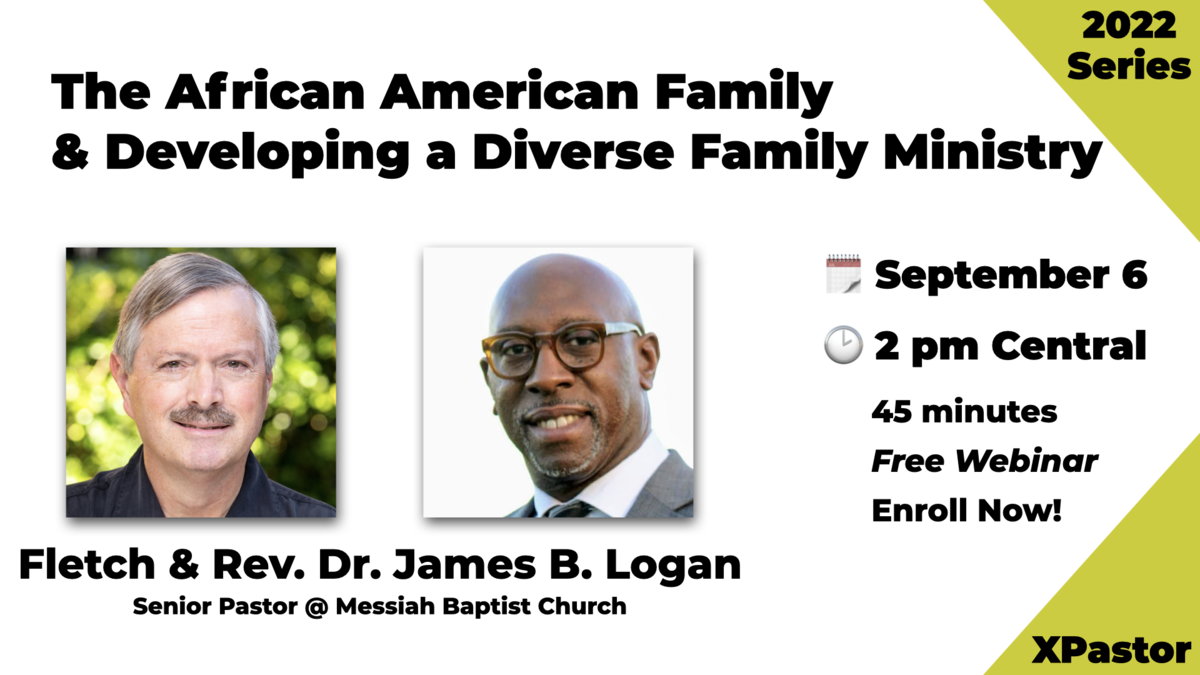Hey Fletch … Why should people become members of a church and what are the tangible benefits of doing so? I need to give people a good reason, other than the spiritual ones, to become a member; I thought you might have something.
Fletch—Church membership, as we define it in today’s church, is not something that you see in the Bible. It is neither required nor banned in the Bible. In a similar way, you don’t see church buildings in the New Testament but we have and enjoy them today! So why have membership?
Reasons for Church Membership
Membership is a statement that a person is committed to a particular local church. That’s a good thing as people know that you are definitely “in this local congregation.”
Most churches require membership for the privilege of voting on a budget, new buildings or debt, board members, and the senior pastor. By voting for a budget, people both affirm the budget and that they will help support it with their donations.
Membership allows churches to have “members only” discussions which can have legal protection for the church. If a staff person or congregant has an affair, it may be necessary to tell the members why that person is not a teacher or leader any longer. It is unwise, and often considered slander, to share this information to the entire congregation and guests.
With the rise of child abuse, many churches require membership in order to volunteer for ministry to children. Other churches require at least six to nine months of attending the church in order to volunteer to serve in kids’ areas.
Membership is a good thing when it comes to voting for a change to a church constitution and by-laws. Suppose that fifty people dropped in on your next congregational meeting, how could you ensure that these fifty were not there just to vote for or against a change to the constitution?
Without membership, a busload of people could show up and vote in a new name for your church, such as “That Mean Church that’s Against the Airport that Would Bring 100 Jobs to Town.” If anyone in the community knew they could just show up and vote at your church meeting, the odds are that they would. Stranger things have happened in real life.
Let’s say that your church dissolved and sold the building. Who would get the proceeds? Generally directions for the proceeds are in a constitution. What if a group of people from outside the church voted in a different non-profit to receive the money … one that your regular congregation is not in favor of?
Church membership is a way for people to align with the doctrinal views of your church and a covenant of fellowship (often stated in the bylaws). It gives a legal way for the church to assert that “these are the views of our members.” In the case of hiring staff, you can then hire people of “like faith.”
Without a doctrinal statement, your church could be accused in court of denying a position to someone of a different faith, and not have a basis to support your view. This applies to both pastors and administrative staff on a church. Let’s say you have a preschool and want your teachers to support the doctrinal view of your church in teaching kids. Without membership, the argument could be made that the congregation really doesn’t support that point of view.
Membership is one way to have checks and balances in power. Should people misuse their governmental or spiritual power in a church, the members can vote to replace them.
Conclusion
These are some practical ideas about membership. There are undoubtedly many more. See Thom Rainer’s book, I Am a Church Member: Discovering the Attitude that Makes the Difference.
Church membership has nothing do to with a person’s relationship with God.
Church membership has plenty to do with relationships in the congregation and community. It touches on many vital areas, such as doctrine, money, governance, constitutions, hiring and child abuse.
I am open to ideas if someone has a better system than church membership. As Winston Churchill said to the House of Commons in 1947: Democracy is the worst form of government, except for all those others that have been tried.
Follow Up Article
A leader of a church sent in thoughts about something that may be missing in this article, see: Church Membership and Discipline











